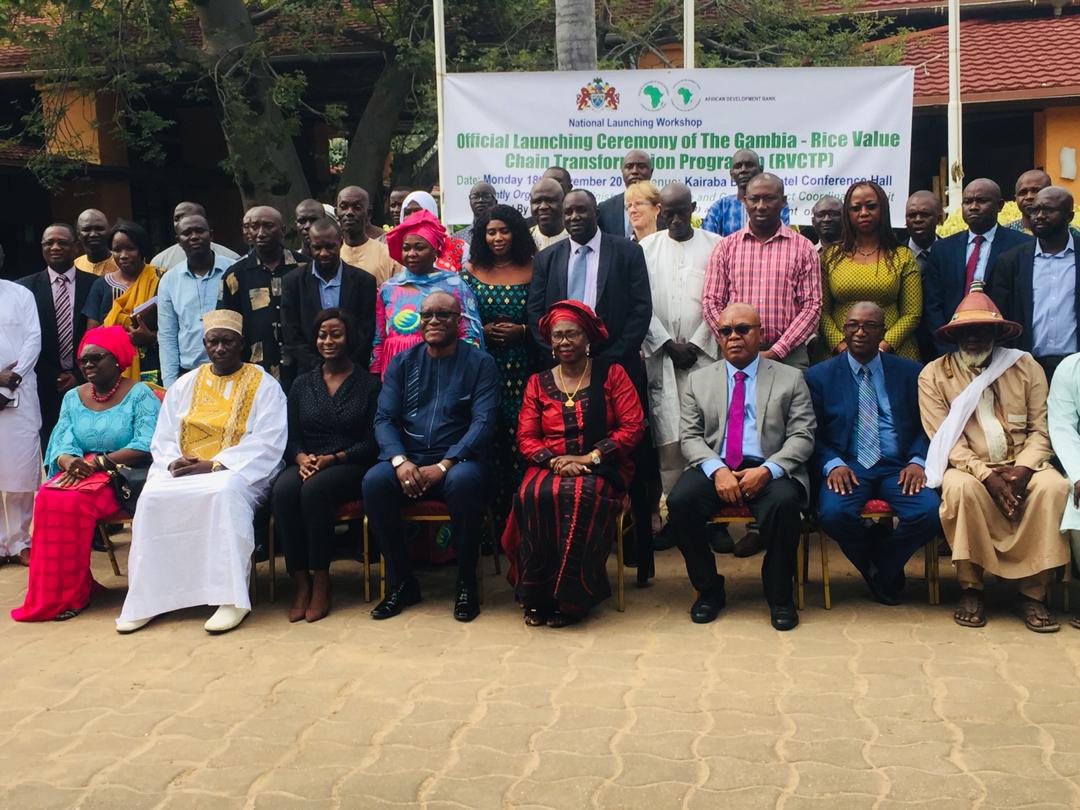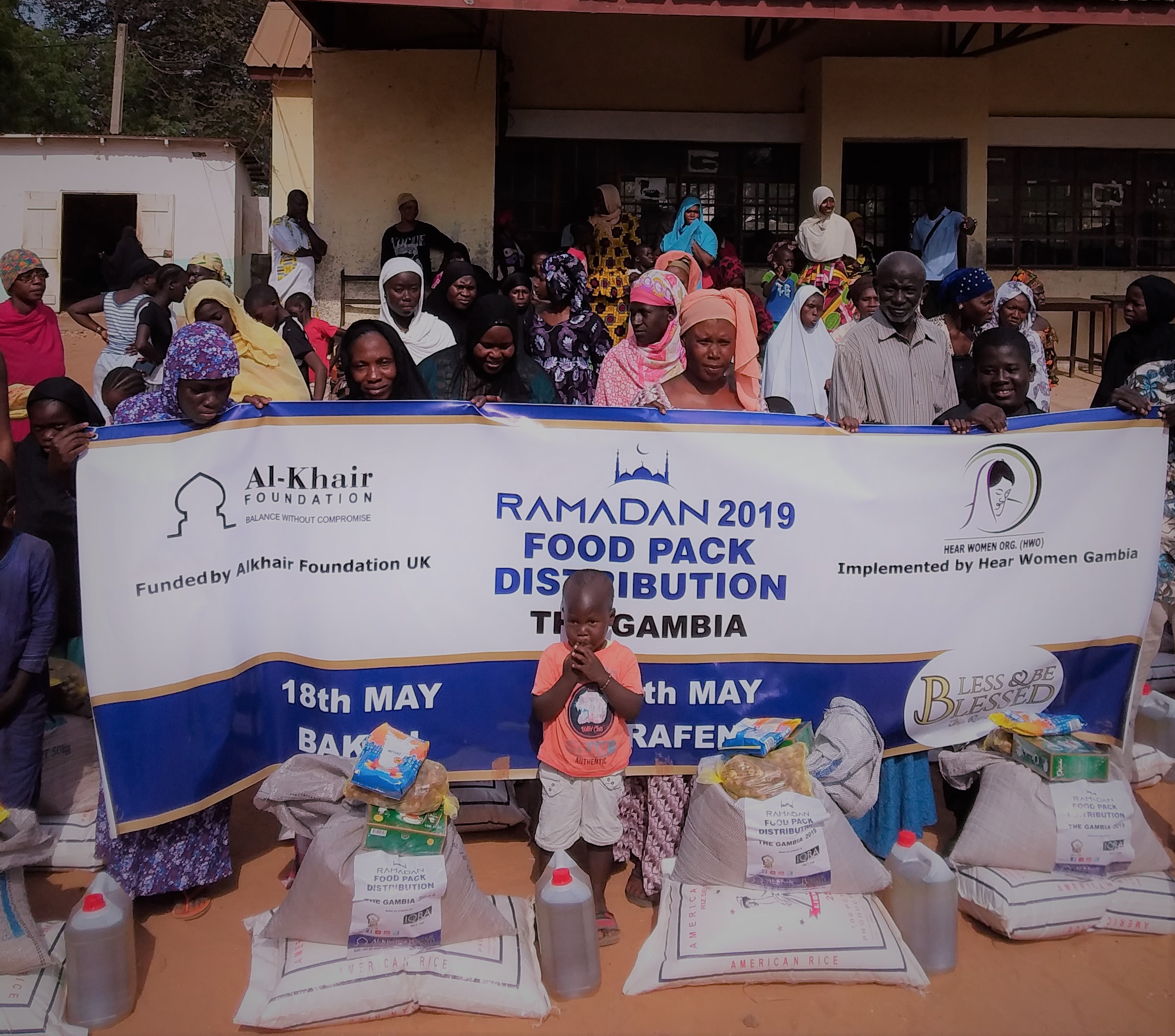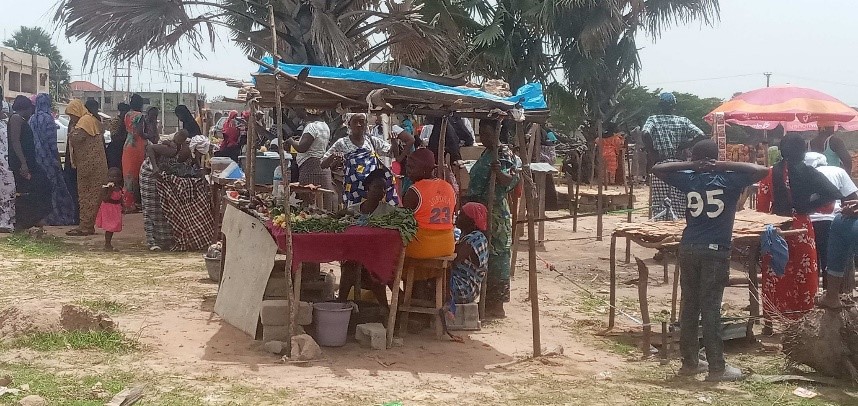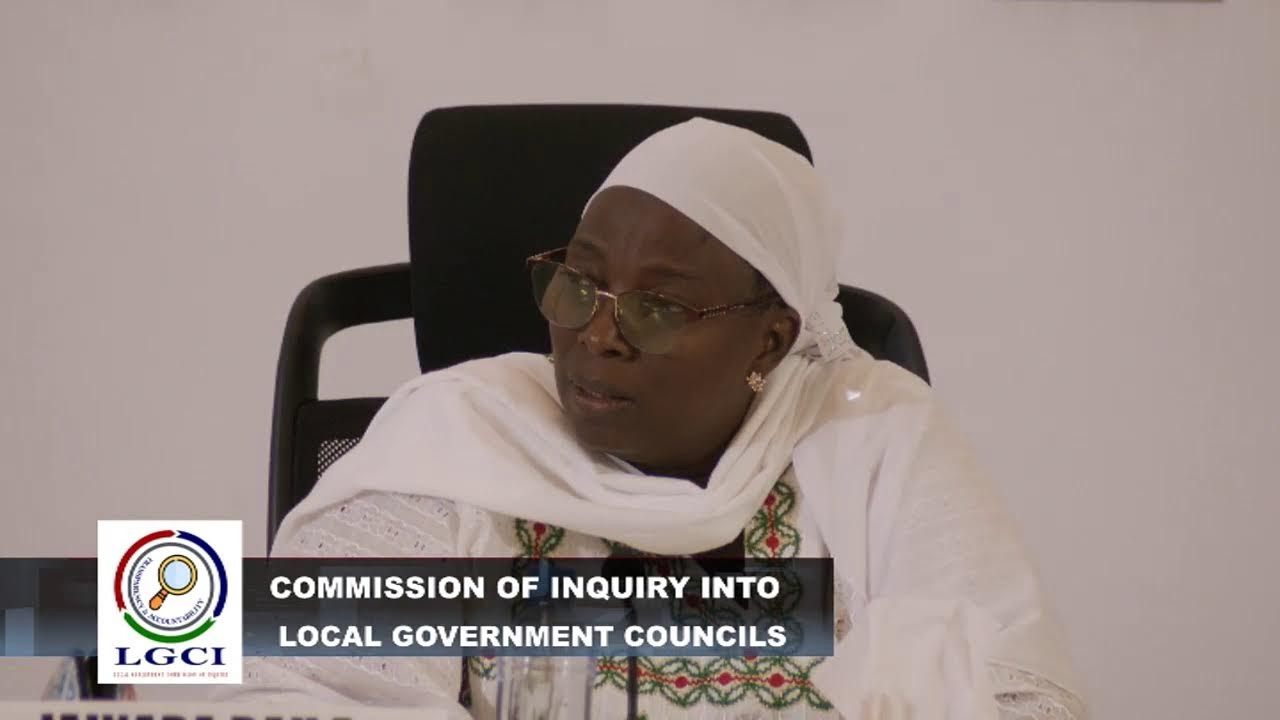By: Mariama Njie
Ministry of Agriculture in collaboration with Central Project Coordinating Unit Official Launched the Rice Value Chain Transformation Program(RVCTP), funded by African Development Bank and government of the Gambia, at a local hotel on Monday.
The rice value chain project has an initial funding estimated at USD 7.0 million, with parallel investment of $26.55 million from Islamic Development Bank.
The rice value chain project also seeks to contribute to food, nutrition security and enhance economic growth by reducing the rice importation.
The overall objective of the project is to improve farm incomes, rural livelihoods, food, nutrition and to contribute to poverty reduction through increased commercialization of rice in the Gambia.
Speaking at the launching, Hon. Mbeye Jabang P.S of ministry of Agriculture, said the project will support government in addressing key challenges and risk associated with smallholder’s rice production in a holistic system of value chain management.
Adding: “From increasing area put to rice managed in an optimal manner to realize target productivity levels through improved seeds and require fertilization”.
He pointed out that, the vision of agriculture sector in the Gambia is to develop a pathway towards food nutrition, self-sufficiency, poverty reduction, food import substation and cross-cutting development indices.
Lamin Fatajo, Project Director RVCP, said rice is the country’s staple food with a per capita consumption of 17kg and about 106% above the world average of 56.9kg.
“The current rice consumption need of the country is about 215,000MT of which only 36,000Mt is produced locally”, he added.
Fatajo explained that, the rice sector is characterized by low production and productivity caused by subsistence farming mostly undertaken on increasingly erratic and unevenly distributed in time.
He pointed out that, transforming the rice sector to address food security challenges will require more than a 5-year project, noting hence the bank’s intervention is supporting the country to transform the rice sector is phrased out.
According to him, the project beneficiaries will include farmers, processors, seed producers, input dealers, aggregators, private sector operators’ transporters, commercial agents, 500 youths, women and children within the first 1,000 days period of opportunity.




